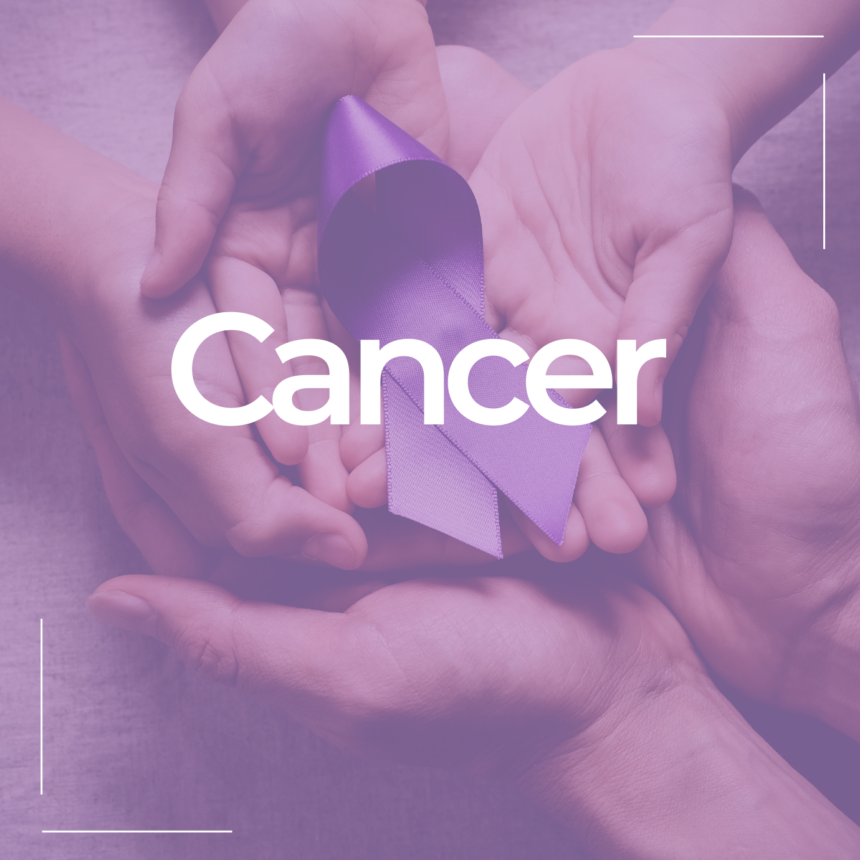Proper nutrition plays a vital role in supporting cancer patients during their treatment journey and beyond. A well-balanced diet can help manage side effects, support the immune system, and improve overall well-being. Here are some essential guidelines for cancer patients to eat well during and after treatment:
- Consult with a Dietitian: Cancer patients should consult with a registered dietitian who specializes in oncology. A dietitian can create a personalized nutrition plan based on the patient’s specific needs, treatment type, and medical condition.
- Maintain a Balanced Diet: Focus on a balanced diet that includes a variety of nutrient-rich foods. Aim to include fruits, vegetables, whole grains, lean proteins, and healthy fats in your meals.
- Stay Hydrated: Proper hydration is essential during cancer treatment. Drink plenty of water throughout the day to help manage potential side effects, such as nausea and constipation.
- Manage Side Effects: Some cancer treatments can cause side effects that affect appetite and digestion. Work with the healthcare team and dietitian to manage these side effects and find suitable dietary solutions.
- Choose Nutrient-Dense Foods: Opt for nutrient-dense foods that provide essential vitamins and minerals without added sugars and unhealthy fats. Nutrient-dense choices include leafy greens, berries, nuts, and whole grains.
- Limit Processed Foods and Sugars: Minimize the consumption of processed foods, sugary snacks, and sweetened beverages. These foods offer little nutritional value and can lead to fluctuations in blood sugar levels.
- Eat Small, Frequent Meals: If treatment-related side effects affect appetite, consider eating smaller, more frequent meals throughout the day to ensure adequate nutrient intake.
- Incorporate Protein: Protein is crucial for tissue repair and maintaining muscle mass. Include protein-rich foods such as lean meats, poultry, fish, beans, and tofu in your diet.
- Mindful Eating: Practice mindful eating by savoring each bite and paying attention to hunger and fullness cues. Avoid distractions like TV or screens while eating to stay more in tune with your body’s signals.
- Take Supplements with Caution: While some cancer patients may require supplements to meet specific nutrient needs, it’s essential to consult with a healthcare professional before taking any supplements. Excessive supplementation can be harmful.
- Stay Active: Engage in regular physical activity, as it can help improve appetite, manage stress, and maintain muscle strength.
- Post-Treatment Nutrition: After completing cancer treatment, focus on maintaining a healthy diet to support recovery and overall well-being. Continue to work with a dietitian to develop a sustainable long-term nutrition plan.
It’s essential for cancer patients to work closely with their healthcare team and dietitian to develop a nutrition plan that meets their unique needs. Good nutrition can help enhance the effectiveness of cancer treatments and support the body’s healing process. Eating well during and after cancer treatment is an essential part of the overall care and recovery journey.
